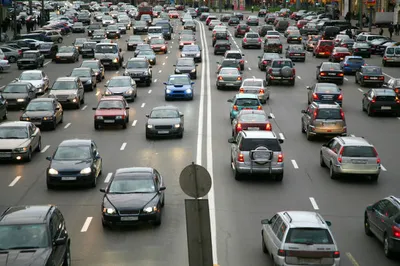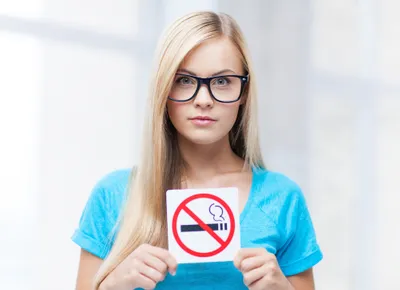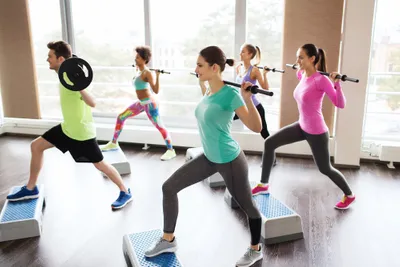The end of April brings Air Quality Awareness Week, which is as good a time as any to explore the best ways to protect your lungs from unhealthy air. It’s an especially important lesson for those living in urban centers, where traffic congestion is the usually the most intense and air quality tends to be the poorest.
The good news is that there are a number of ways to keep your lungs healthy and functioning properly, even if you’re in a busy city like New York, Los Angeles, or Chicago. So, what exactly can you do to keep your family safe?
1. Check the forecast
These days most weather forecasts show far more than just the chance of rain. In fact, most television and radio newscasts and weather websites now provide detailed information about air quality, giving you a head’s up if smog or air pollution could make going outside for long periods of time particularly unsafe.
If you or a family member suffers from a serious lung condition, such as emphysema, it may be a good idea to take things a step further and download a weather application that provides regular updates on the air quality situation in your area. Good sources for apps of this kind include the American Lung Association’s State of the Air app and the U.S. government application airnow.gov.
2. Know when to stay indoors
Chances are that, when you were a kid, your parents constantly tried to get you out of the house to exercise outdoors. And it’s true that many kids should spend more time getting physical exercise and less time inside watching television or playing video games. But there are times when going outdoors is a bad idea.
If air quality is particularly poor — as it can be in dense urban environments during the steamy summer months — it’s often best to avoid going outside, especially if that involves exercise. This is particularly crucial for the very young and elderly, as well as those people with lung conditions. Instead, try to find a cool and indoor place to get some exercise.
3. Keep away from traffic
Let’s face it: for many North Americans, life revolves around the automobile. It’s been that way for nearly a century now and it’s unlikely to change a lot any day soon. The problem with that is simple: most vehicles spew all kinds of noxious fumes that make the air unhealthy for people to breathe in.
For that reason, it’s best to avoid high-traffic areas, such as streets near or along busy intersections or highways. This is especially important if that involves intense forms of exercise, such as running or playing sports like football. Instead, try to exercise in quieter areas with less traffic.
4. Do your part
Keeping your lungs healthy isn’t just about avoiding high-traffic areas and monitoring air quality levels. It’s also about doing your part to reduce air pollution in your community.
What does that mean? Try to limit the amount of energy you use at home — turn off lights, electronics and appliances if you’re not using them. Rather than driving, walk, cycle or carpool if you live within a reasonable distance of your destination so as to lower the amount of noxious fumes spewed into the air. And avoid burning wood, leaves, or trash, which can create a particularly dangerous air situation in your immediate area. And, if possible, limit your use of gas-powered devices, such as lawn mowers, around the home; instead, try hand-powered or electric equipment.
5. Avoid smoking and smokers
It should come as no surprise that, in order to keep your lungs healthy, it’s wise to avoid smoking and being around people while they smoke. If you’re a smoker, be thoughtful and take your smoking outside, especially if you live with people who are very young or elderly, or people with significant lung conditions. Also, try to involve lighting up in public areas or places where the young and old congregate, such as parks and school yards.
It’s worth noting that tobacco smoke isn’t the only threat. Marijuana smoke is also dangerous — sometimes, even more so because it rarely involves the use of filters that can prevent the inhilation of dangerous chemicals.
6. Get in shape
There’s more to keeping your lungs healthy than just sticking to areas where air quality is less poor and avoiding exercise on hot days. You also need to build up your lung strength and give your lungs a boost by getting into better physical shape.
Put simply, you increase your chances of having health issues, including problems breathing during poor air quality days, if you are out of shape. It’s really quite straightforward: the more excess weight you carry around, the more your body — including your lungs and heart — need to work. On days where air quality is particularly poor, this can put an alarming amount of pressure on your body’s most critical organs and make breathing very difficult. So, do your lungs a big favor — take your physical fitness seriously.









